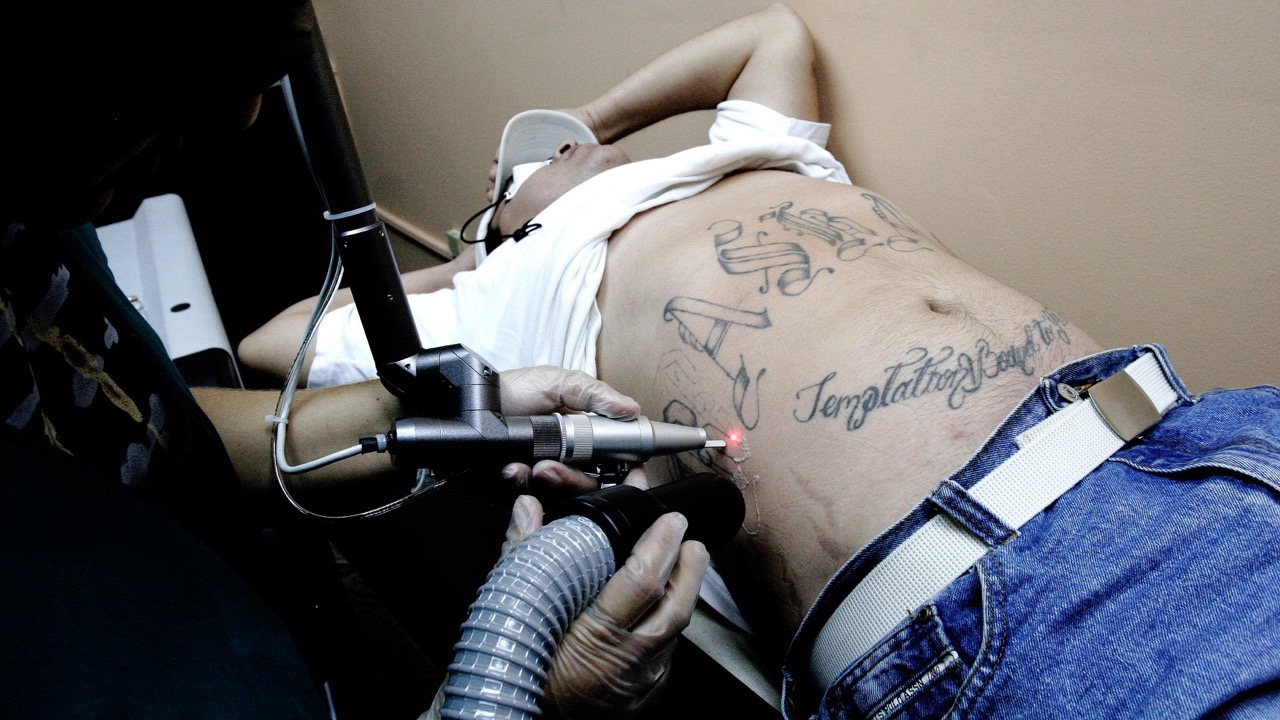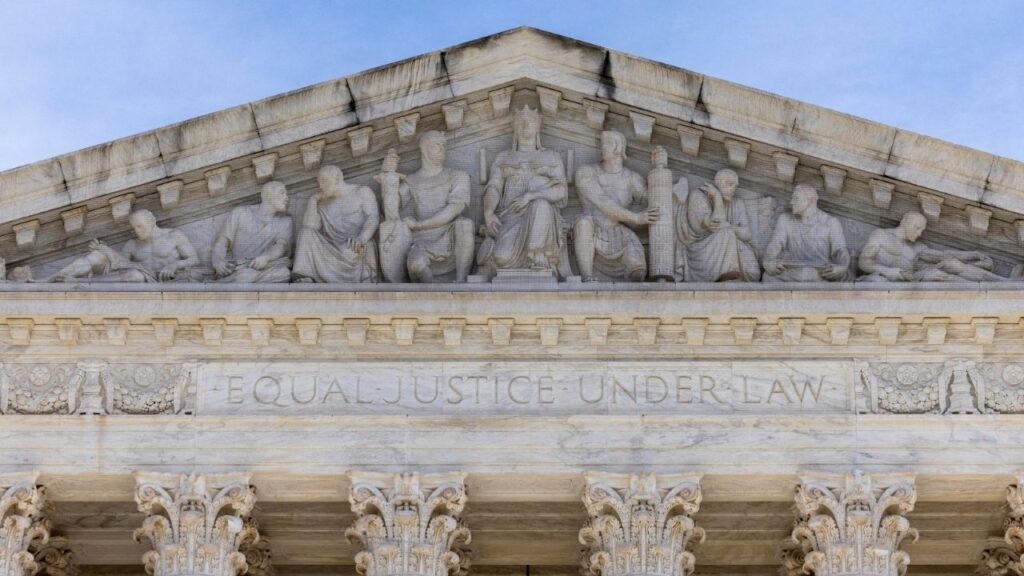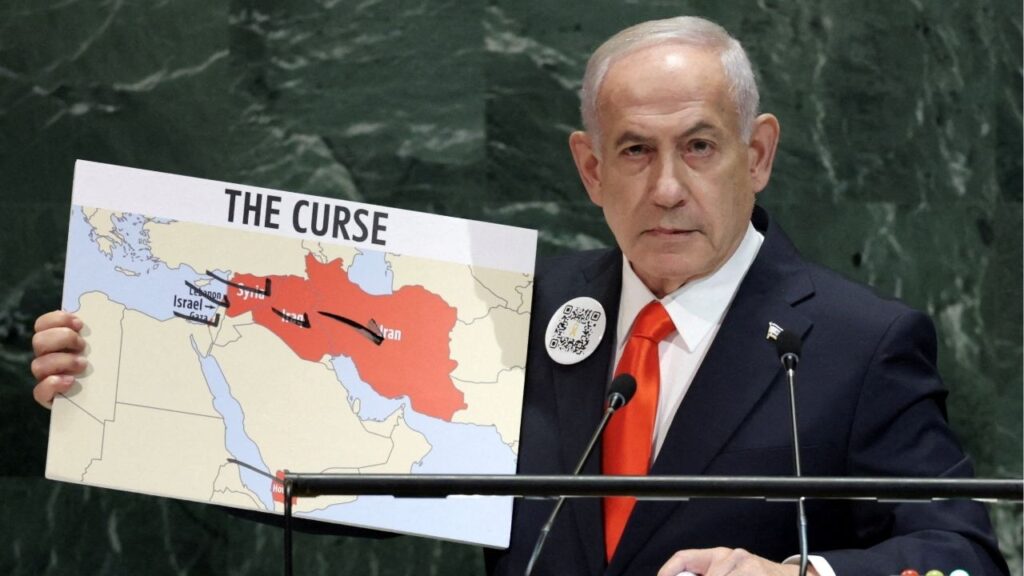Lawyers challenge deportations based on tattoo evidence, raising concerns about due process and identification methods. (AP File)

- Defense lawyers argue that common tattoos led to the deportation of Venezuelan men accused of gang membership.
- President Trump used an 18th-century wartime law to deport the men without due process, citing an 'invasion.'
- Experts note that tattoos are not central to Tren de Aragua gang and are often just body art.
Share
A crown over a soccer ball. An eyeball that “looked cool.” Flowers.
Those are some of the everyday tattoos that defense lawyers say helped lead to the sudden weekend deportation of roughly 200 Venezuelan men who are accused of being members of the ruthless gang Tren de Aragua.
President Donald Trump ordered the men removed from the U.S. and sent to a notorious El Salvadoran prison under an 18th century wartime law that allows noncitizens to be deported without due process.
The proclamation issued by Trump argued that the wartime law applied because the gang is “perpetrating an invasion” of the United States.
Most lawyers have dismissed that argument and noted that the government has not produced evidence to prove the men are gang members. The men were flown out of the country before they could meet with their attorneys.
Tattoos as Gang Identifiers
Tattoos are signals of membership in some Latin American gangs, with the facial tattoos of the El Salvadoran group MS-13 perhaps the best known. Experts, though, say tattoos are not central to Tren de Aragua. They also note that tattoos, hugely popular all over the world, are often nothing more than body art.
U.S. officials have said agents did not rely on “tattoos alone” to identify gang members before the weekend flights. But lawyers and family members say tattoos were repeatedly used to argue that the men belonged to Tren de Aragua.
Related Story: Brothers of Laken Riley’s Killer to Be Deported After Pleading Guilty to Fake Green Cards
A Soccer Player’s Tattoo Misinterpreted
Take Jerce Reyes Barrios, 36, whose defense lawyer said in a sworn declaration that authorities identified him as a gang member in part because of a tattoo of a crown over a soccer ball and the word “Dios,” or God.
Reyes Barrios, though, had been a professional soccer player and he chose that tattoo because the crown looked like the logo of his favorite team, the Spanish soccer club Real Madrid, his lawyer, Linette Tobin said in the filing.
She included a photo of the tattoo in the filing.
The crown looks very similar to the Real Madrid logo.
Controversy Over Deportation Process
The sudden deportation of these Venezuelan men has sparked controversy over the use of tattoos as evidence of gang affiliation and the application of wartime laws for deportation. As the debate continues, questions remain about the fairness and accuracy of the identification process used in these cases.
RELATED TOPICS:
Categories

Why Trump Fired California US Attorney Michele Beckwith
















